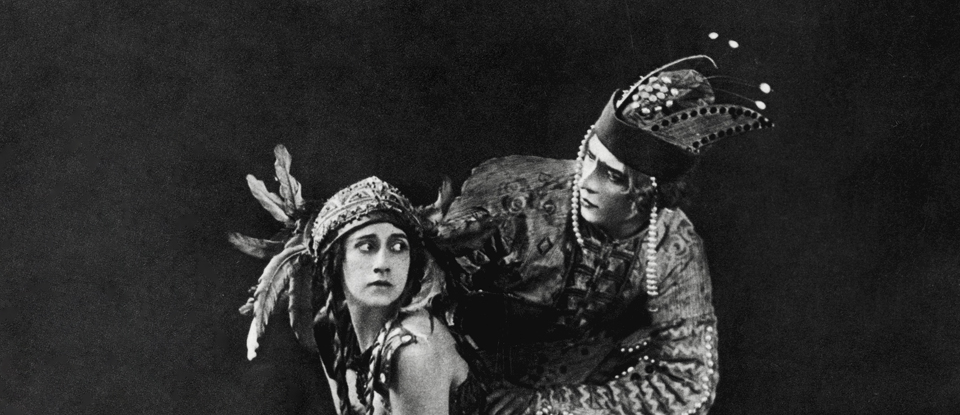When I do not write the meaninglessness of my self becomes radically clear. I not only lack any reason to exist but I am acutely aware of this. When I do write I do not suddenly gain meaning, I do not suddenly create meaning from nothing what I am writing. Instead I am less aware of this absence. But nothing changes in me and nothing changes in the world. Something in between changes. It is a way to persist.
When I do not meditate I come painfully aware of the passing of time. It appears to slip by more quickly than usual. When you are looking out a train window at the side of another train and the world begins to move but it is unclear what is moving: you are the world around you. When I sit in a sit in a chair and let my mind run more quiet I somehow become less aware of the passage of time. It passes all the same. Nothing has changed. The world stays the same and I stay the same but my awareness of it diminishes. It takes up less resources and I am freed to think about other things.
When I read a book by a writer like Cormac McCarthy all other works of fiction seem to fall away. These works are not novels but prophecies and they are aware of their status as prophecies. Fiction, which is often like a stone wall on which are written symbols becomes suddenly translucent and invisible and like a hole through which another world can be seen, and a world which is a replica of our own. Fiction is the same. Nothing has changed. These are words written on a page and bound into a book and put down there my a human hand. What has changed?
Monday, December 18, 2017
Friday, December 1, 2017
A List of Values and Beliefs
Really great literature acts as a sort of societal hormone. It can be noticed or even defined by this trait. That is, it exerts societal (and I purposely do not use the term political) change in a manner that is slow, steady and long lasting. Yes, literature can be political (and I have read the argument that all fiction is political, I don't disagree, but I think this situation is more nuanced than that) but it can affect more than politics.
Really great literature is about ideas. Character, plot, event, language are all tools, important tools, but these are most powerful when used to explore, explain, and synthesize ideas. Fiction that is just about plot or character is nice, but there is only so much ground you can cover before struggling through minutiae.
Really great fiction has flaws. Just as a formally complete system must contain contradictions a great enough piece of fiction must, by its nature, contain spots. Flawless fiction has not gone far enough.
We innately make assumptions about what literature is and is not based off of the literature that has been written up to our time. We must always remember that there is literature that has not been written yet which will inevitably change the way we understand what fiction is capable of doing, what it is capable of expressing and what it is capable of changing.
We must always be reaching to create that literature that will change the way we understand literature.
The ultimate goal of fiction and literature is to approach truth. By doing this it should easily achieve some kind of beauty. All of fiction's strengths lie in its ability to uncover or create truth.
Really great literature is about ideas. Character, plot, event, language are all tools, important tools, but these are most powerful when used to explore, explain, and synthesize ideas. Fiction that is just about plot or character is nice, but there is only so much ground you can cover before struggling through minutiae.
Really great fiction has flaws. Just as a formally complete system must contain contradictions a great enough piece of fiction must, by its nature, contain spots. Flawless fiction has not gone far enough.
We innately make assumptions about what literature is and is not based off of the literature that has been written up to our time. We must always remember that there is literature that has not been written yet which will inevitably change the way we understand what fiction is capable of doing, what it is capable of expressing and what it is capable of changing.
We must always be reaching to create that literature that will change the way we understand literature.
The ultimate goal of fiction and literature is to approach truth. By doing this it should easily achieve some kind of beauty. All of fiction's strengths lie in its ability to uncover or create truth.
Subscribe to:
Posts (Atom)
